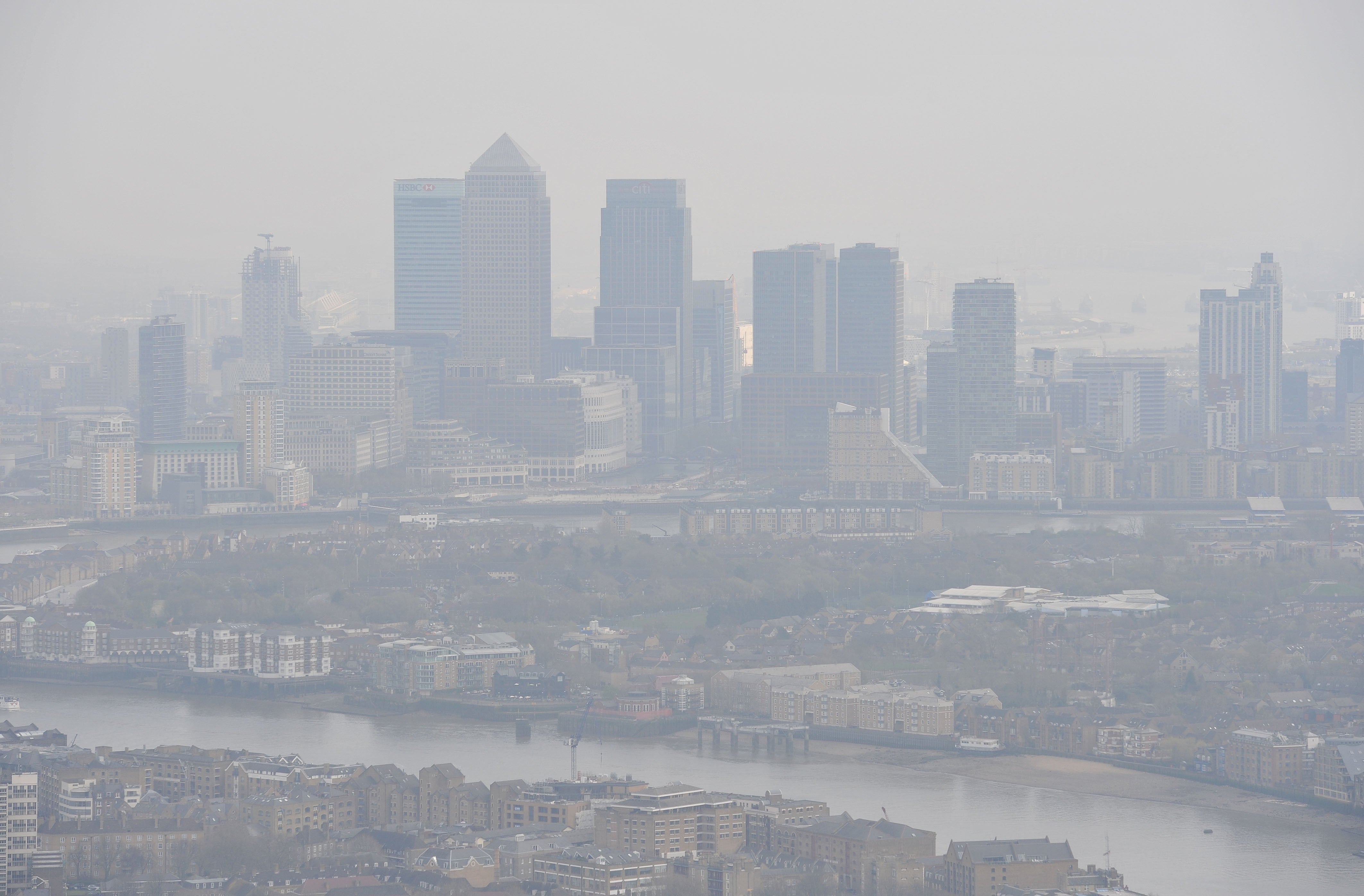Toxic air pollution particles found in lungs and brains of unborn babies for the first time
Nanoparticles cross into the foetus in the womb as early as the first trimester of pregnancy

Air pollution particles have been found in the developing lungs and brains of unborn babies for the first time.
The ground-breaking new research from the University of Aberdeen and Hasselt University in Belgium poses worrying questions about whether toxic air pollution is directly affecting a baby’s development in the womb.
Air pollution nanoparticles, called black carbon, were studied by scientists to see whether they could reach the foetus.
The findings show that not only is the placenta exposed to air pollution particles, but the nanoparticles cross into the foetus in the womb as early as the first trimester of pregnancy.
Particles were found inside the foetus’s developing organs, including its liver, lungs and brain.
Black carbon is a sooty black material that is released into the air from car engines, coal-fired power plants and other sources that burn fossil fuels.
Previous studies have shown that black carbon has been found inside the placenta, but there has not been solid evidence – until now – that the particles can enter the foetus.
Scientists are worried about the potential health impacts of these particles on unborn babies.
Professor Paul Fowler from the University of Aberdeen, who worked on the research, said: “We all worried that if nanoparticles were getting into the foetus, then they might be directly affecting its development in the womb.
“What we have shown for the first time is that black carbon air pollution nanoparticles not only get into the first and second trimester placenta but then also find their way into the organs of the developing foetus, including the liver and lung.”
He continued: “What is even more worrying is that these black carbon particles also get into the developing human brain. This means that it is possible for these nanoparticles to directly interact with control systems within human foetal organs and cells.”
Professor Tim Nawrot from Hasselt University said: “We know that exposure to air pollution during pregnancy and infancy has been linked with stillbirth, preterm birth, low-weight babies and disturbed brain development, with consequences persisting throughout life.”
He added that air quality regulators should “act to protect the most susceptible stages of human development.”
Air pollution is deadly and in 2020 a coroner ruled that London’s air pollution was a contributing factor to nine-year-old Ella Adoo-Kissi-Debrah’s death in Lewisham.
Ella died after experiencing a series of severe asthma attacks over several years.
Her mother Rosamund said earlier this year: “Air pollution affects every single organ in our body, so this is a public emergency. The quality of people’s lives is getting worse due to the air they are breathing.”
Subscribe to Independent Premium to bookmark this article
Want to bookmark your favourite articles and stories to read or reference later? Start your Independent Premium subscription today.

Join our commenting forum
Join thought-provoking conversations, follow other Independent readers and see their replies